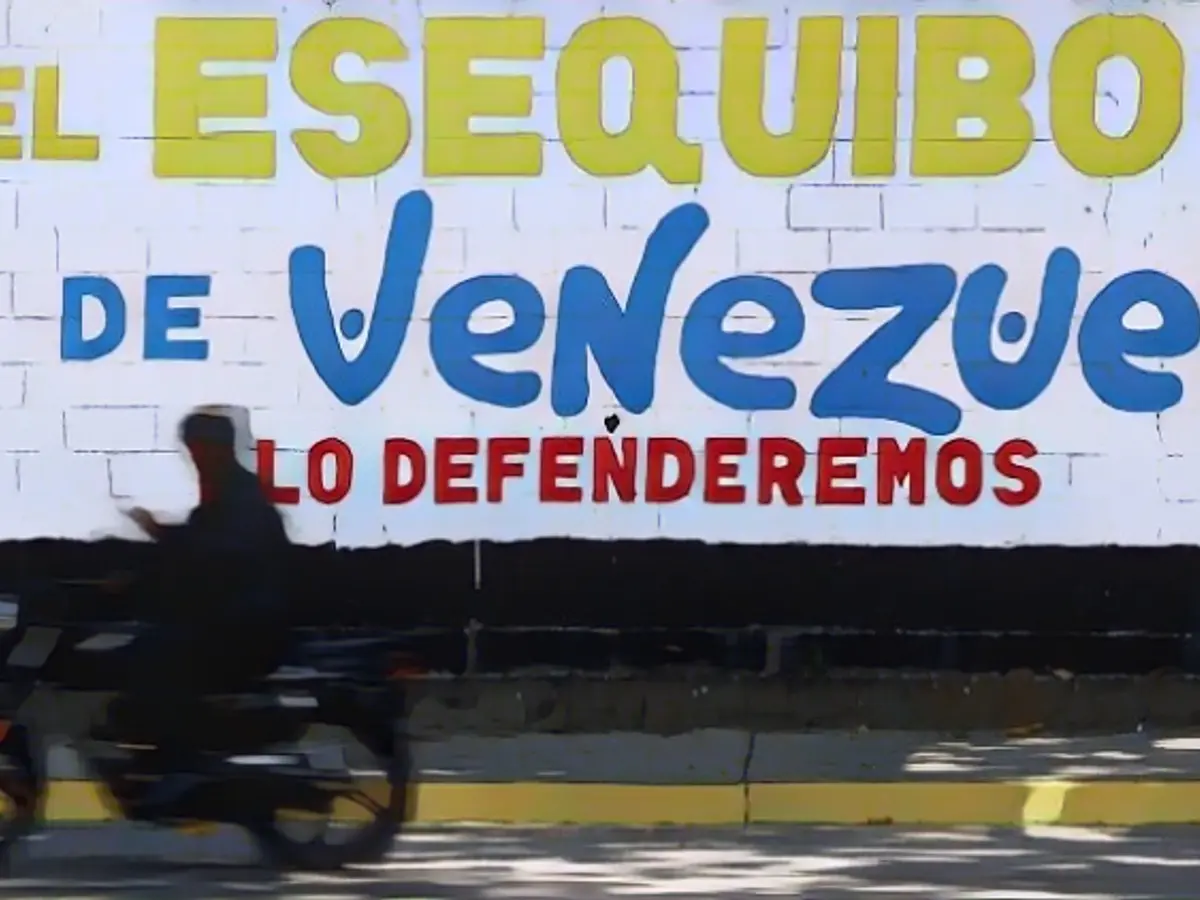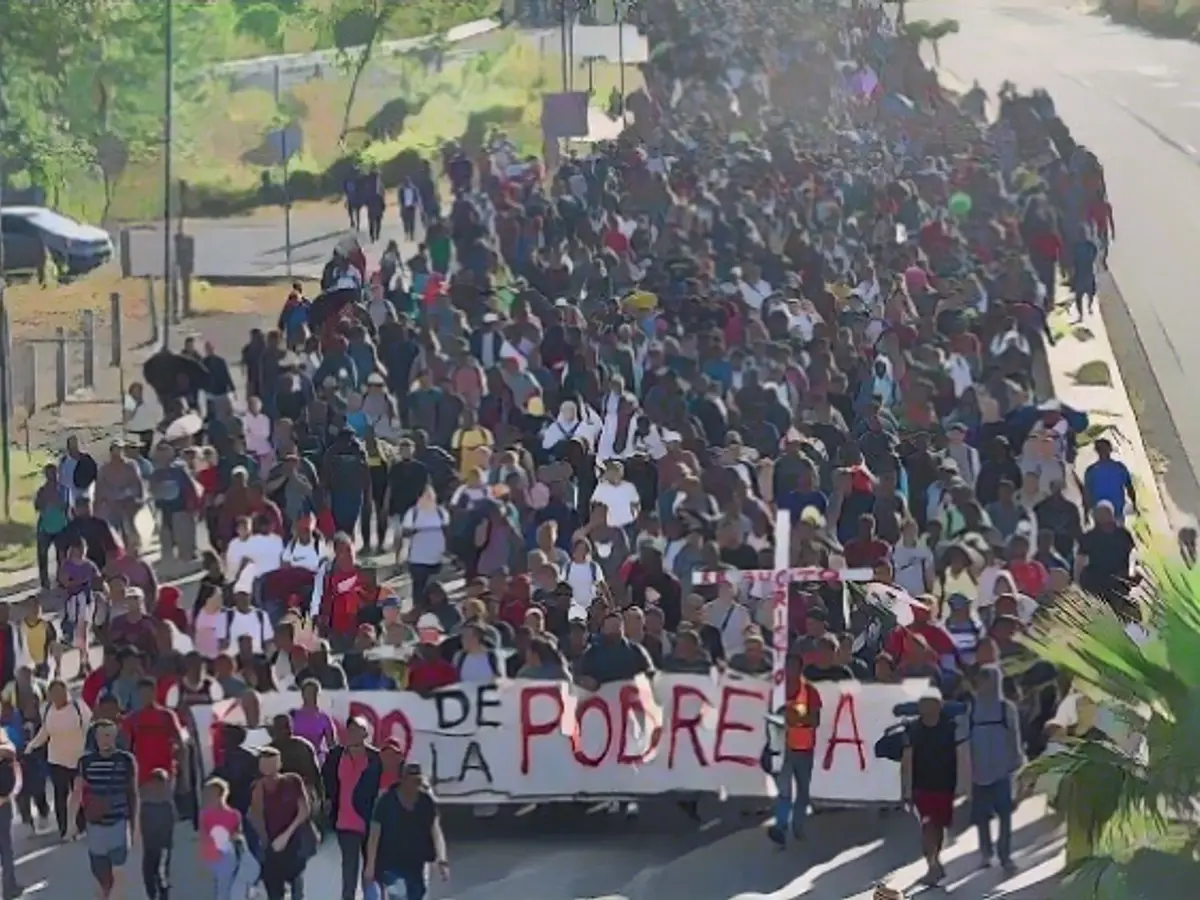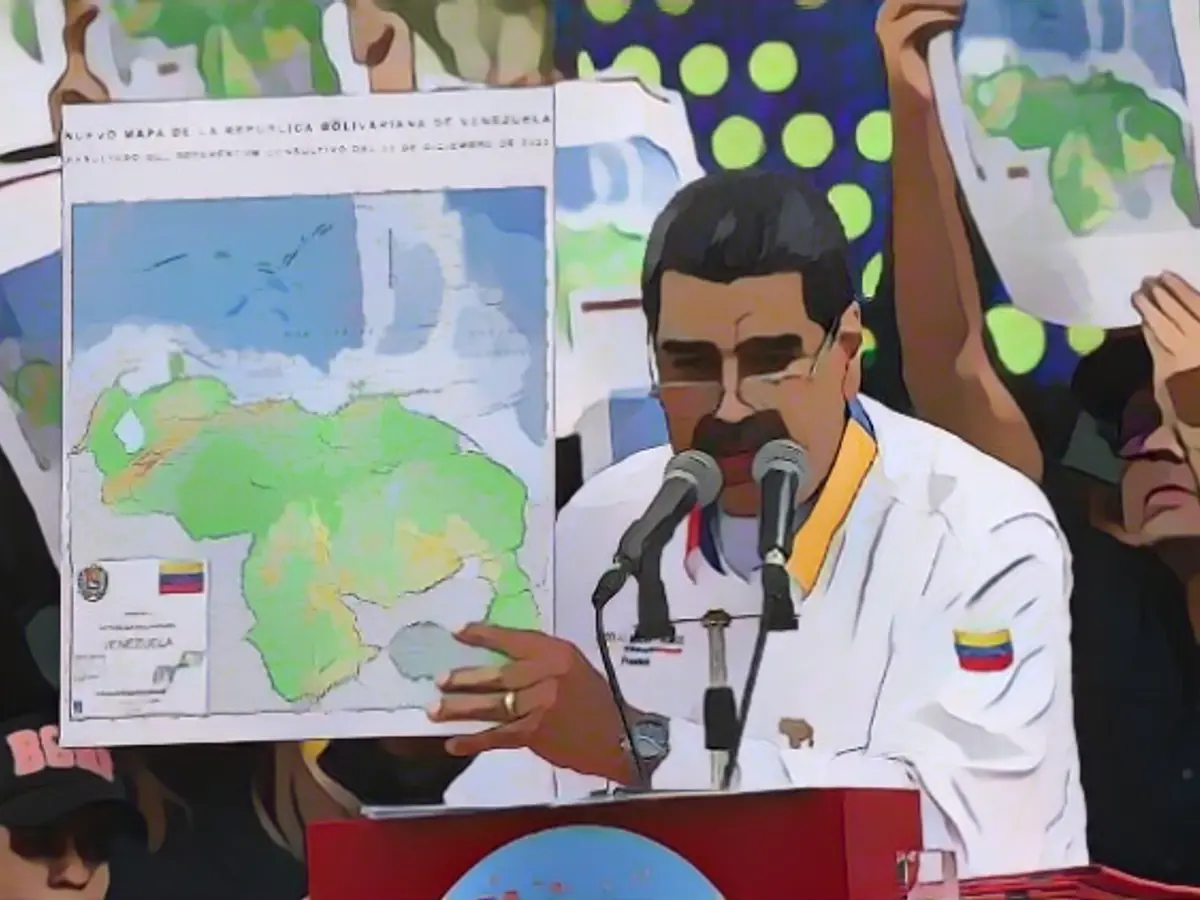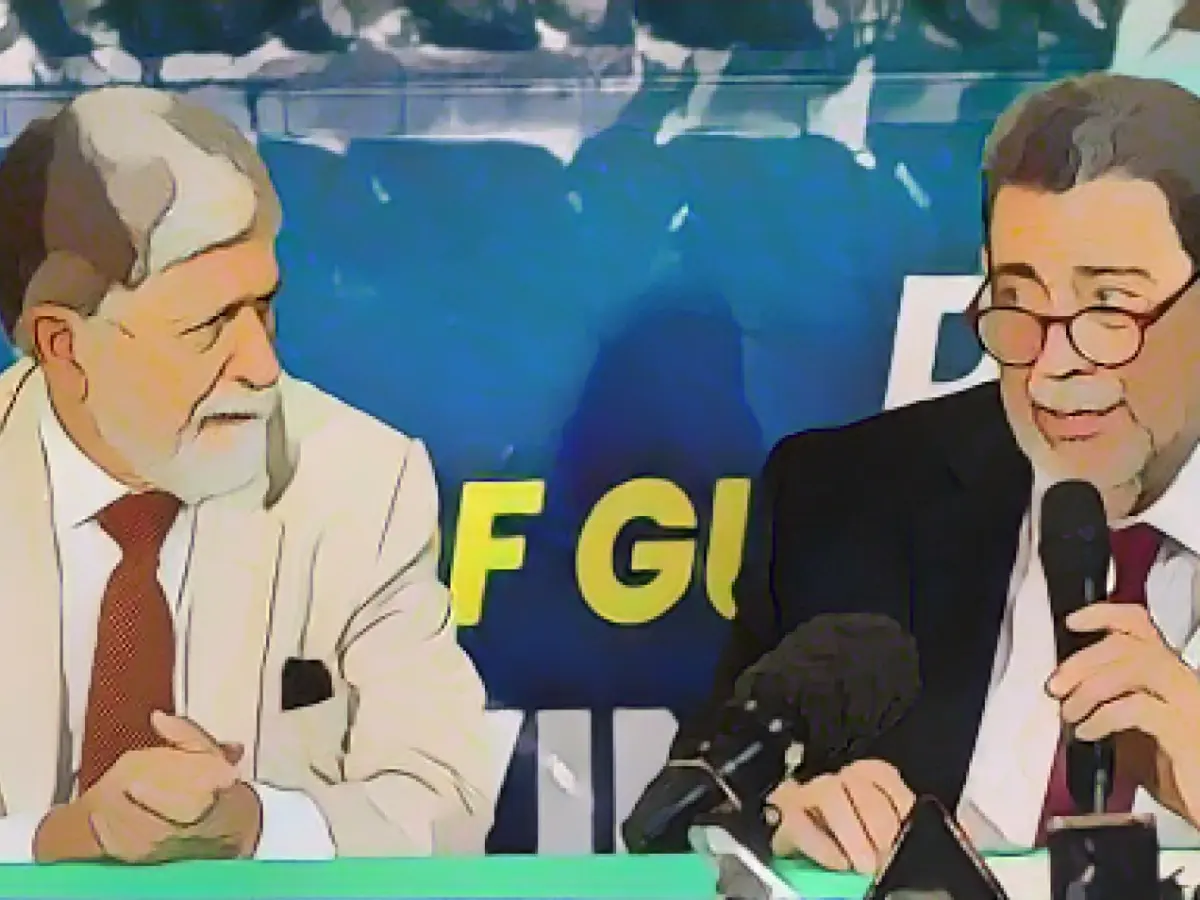Venezuela and Guyana Embrace Peaceful Dialogue Over Controversial Border Dispute
After escalating tensions, Venezuela and Guyana agree to set aside their differences and engage in diplomatic talks to resolve their long-standing border dispute over the oil-rich Essequibo region. The leaders of both nations pledged to prevent any escalation of the conflict and, instead, work towards a peaceful resolution.
In a joint statement released following a crisis meeting in Kingstown, Venezuela, and Guyana vowed to abide by international law, which includes a 1966 agreement with the United Kingdom on British Guiana, the precursor to modern-day Guyana. The presidents of both countries also committed to fostering good neighborly relations and the unity of Latin America and the Caribbean.
Their collaborative efforts will involve foreign ministers and technical advisors from both countries establishing a joint commission to discuss the issue further. A follow-up meeting is scheduled to take place in Brazil within three months. Venezuela's President Nicolás Maduro and Guyana's President Irfaan Ali expressed optimism for a constructive dialogue, highlighting the need for transparency, honesty, and respect during the discussions.
International Court of Justice (ICJ) Involvement
The Essequibo region is at the heart of the dispute between Venezuela and Guyana. This contested territory spans approximately two-thirds of Guyana and sits along its eastern border with Venezuela. The rich natural resources within Essequibo have made the region a valuable asset in the dispute between the two nations.
In 1966, the international community attempted to find a solution through a negotiated agreement with Venezuela, but that effort ultimately failed. Six years later, Guyana, now an independent nation, underwent an arbitration process to establish its borders. In 1899, the USA and the UK initiated this process, culminating in the 1899 Arbitral Award. The ICJ has been involved in settling the controversy, which Venezuela rejects prematurely.
The ICJ has recognized Guyana's right to seek resolution through international law and regards Venezuela as the pursuer of unlawful actions threatening Guyana's territorial integrity. The ICJ has also called upon Venezuela to abstain from undertaking any actions that might contribute to preparing or enabling de facto control over the Essequibo region. Despite these calls for peace, Venezuela has continued to defy these orders, proclaiming the creation of a new Venezuelan state called "Guayana Esequiba" and publishing a new map depicting Essequibo as part of its territory.
Guyana's Adherence to International Law and Principles
Despite Venezuela's non-compliance with ICJ orders, Guyana remains committed to the principles of international law and aims to resolve the dispute through peaceful means. Senator George Norton, who played a significant role in Guyana's delegation during the international negotiations, emphasizes the significance of this commitment.
"The fact that Guyana is engaging in discussions with Venezuela through international organizations signifies its commitment to the rule of law and the peaceful resolution of disputes," Norton said. "This is an opportunity for both countries to foster constructive dialogues and address historical grievances without resorting to violent conflict."
As the diplomatic talks progress, both nations will need to maintain an open and honest dialogue, upholding the principles of international law and addressing the underlying factors that led to this conflict. By working together and focusing on the commonalities between their interests, Venezuela and Guyana have the potential to find a lasting and mutually beneficial resolution to their border dispute.
Sources:
[Enrichment Data]: The International Court of Justice (ICJ) plays a crucial role in mediating the ongoing border dispute between Venezuela and Guyana. With jurisdiction established by both countries, the ICJ acts to settle the controversy and uphold international law. The dispute, centering around the oil-rich Essequibo region, has been a point of contention between the two neighbors for decades.
The 1899 Arbitral Award awarded the Essequibo region to British Guiana (modern-day Guyana), but Venezuela has consistently challenged this decision. Despite the ICJ's efforts to promote peaceful resolution, Venezuela has often disregarded ICJ orders and has taken steps to exert de facto control over the area, such as announcing the creation of a new Venezuelan state. Guyana, however, persists in its adherence to the rule of law and the pursuit of peaceful resolution through international bodies like the ICJ. The ultimate goal for both countries is to find a lasting, mutually beneficial solution to their long-standing territorial disagreement.







